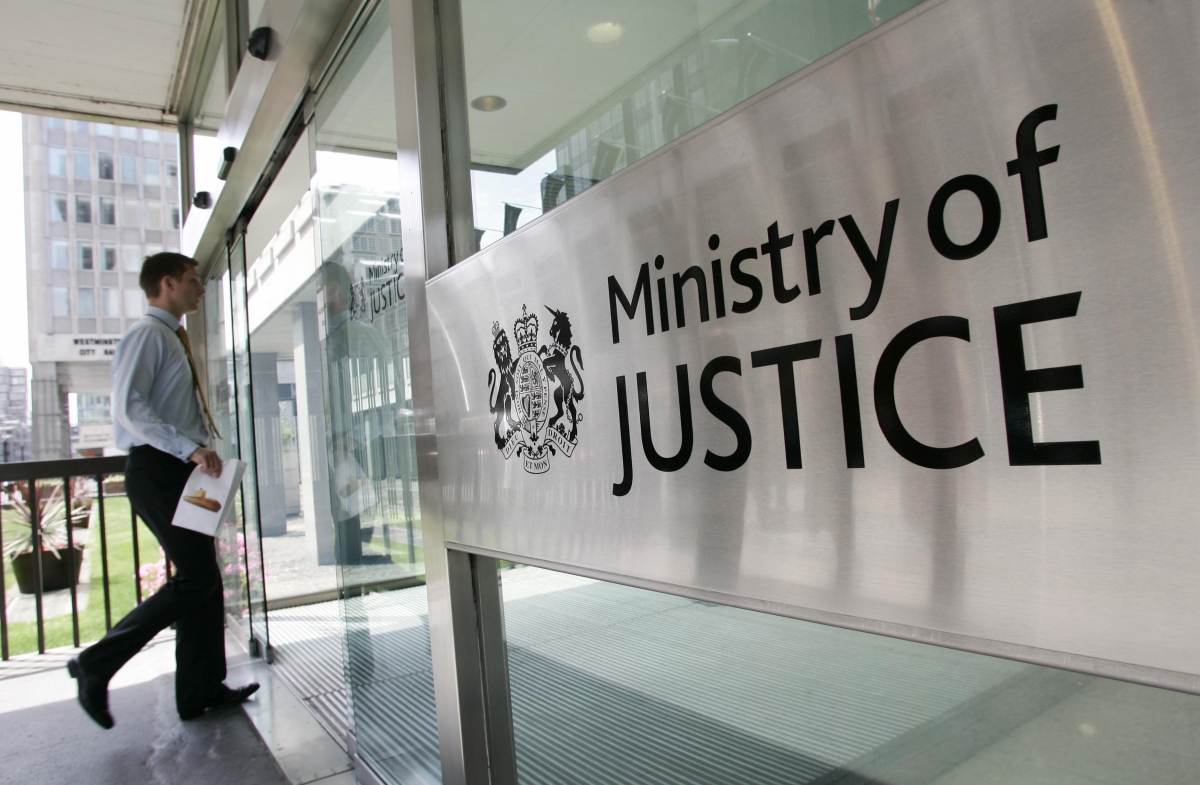In the light of the Conservative leadership’s turgivations and proposals for English votes for English laws it is interesting to see what the Whitehall Civil Service briefing on EVEL says.
Here is the Ministry of Justice’s internal briefing:-
The Government has announced its plans for changes to the process through which legislation is approved by the House of Commons.
Civil servants play an important role in preparing, refining, publicising, implementing, and enforcing legislation. As a result these changes are likely to impact on the work of a number of teams across the Department.
‘English votes for English laws’ will mean that bills, parts of bills and secondary legislation will be subject to a different Parliamentary process in certain circumstances.
The proposal will be implemented through changes to the internal rules of the House of Commons, and will be put to a vote before the summer recess, after which the change would come into effect. If approved, English votes for English laws would affect the way the Civil Service develops and delivers legislation.
How will it work?
The Speaker of the House of Commons would certify all bills, clauses or statutory instruments. A new Parliamentary process would then apply where the Speaker deems a bill, clause or schedule applies to England or England and Wales-only and relates to matters that are devolved to Scotland, Wales or Northern Ireland.
The legislative process is then the same up to and including Report Stage – all MPs would continue to debate and vote together. The only exception to this is bills that are deemed England-only in their entirety will be considered at committee stage only by English MPs.
After Report Stage there would be a new process of consideration. This would allow only English, or English and Welsh, MPs to debate and vote on the relevant measures, thereby giving their consent or vetoing them. This process would also include a separate dispute-resolution process where the whole House and the English and Welsh MPs disagree. After this the bill would continue to Third Reading as before.
Secondary legislation would also be subject to the new rules. Those statutory instruments certified as entirely English, or English and Welsh will require the consent of the relevant MPs as well as the whole House if pressed to a vote on the floor of the House.
A more detailed explanation of the new process can be found on GOV.UK. Parliamentary process is complex and the Cabinet Office will circulate guidance to Departments following the approval of the House.
What does this mean for us?
If approved, this would mostly affect teams that prepare new legislation and work on supporting securing its progress through Parliament. It would also affect policy makers, who would need to consider carefully which parts of the UK their policies apply to and how best to legislate on them.
The Cabinet Office will be working closely with teams that could be directly affected to ensure they fully understand the new process and how to use it. If the proposals are approved, there will also be workshops for staff and learning opportunities available on Civil Service Learning will be updated. All staff are encouraged to make the most of these opportunities to familiarise yourself with the new process, even if your work may not be directly affected. As civil servants, we will need to be particularly conscious of this new process when speaking with stakeholders and seeking to gain support for legislation in Parliament.
These proposals will attract significant interest, particularly in the devolved administrations. It is therefore crucial that we are all consistent in how we communicate the policy externally. The Cabinet Office Press Office will lead on media handling so consult them about any media enquiries.
More information will be available but for further advice any teams working on legislation which will be introduced imminently should speak to the PBL Secretariat for primary legislation or the SI Hub in the Cabinet Office for secondary legislation.

